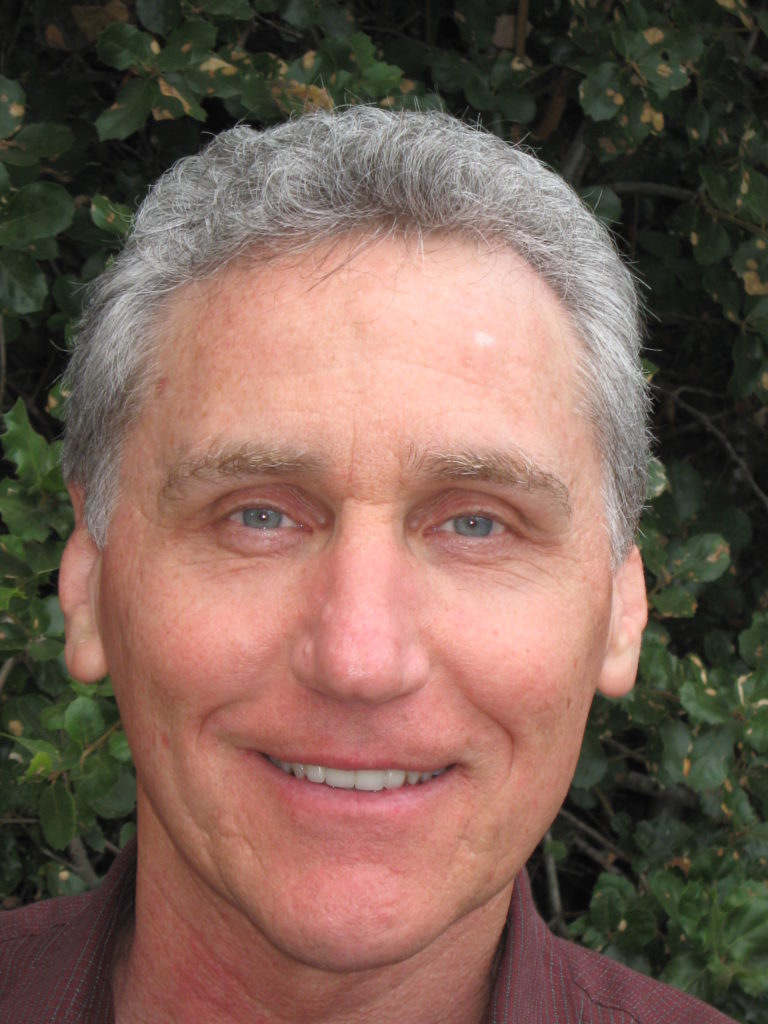Hoarding Disorder is a subtype of OCD.
OCD is characterized by persistent uncontrollable unwanted feelings or thoughts (Obsessions) and routines and rituals (Compulsions) to try to prevent, neutralize or eliminate these unwanted feelings or thoughts.
What is Hoarding Disorder and what are the symptoms of Hoarding Disorder?
-
Persistent difficulty discarding or parting with possessions, regardless of their actual value.
-
This difficulty is due to a perceived need to save the items and to distress associated with discarding them.
-
The difficulty discarding possessions results in the accumulation of possessions that congest and clutter active living areas and substantially compromises their intended use. If living areas are uncluttered, it is only because of the interventions of third parties such as family members, cleaners, or the authorities.
-
The hoarding causes clinically significant distress or impairment in social, occupation, or other important areas of functioning, including maintaining a safe environment for self and others.
-
In addition to difficulty discarding or parting with possessions, approximately 80 to 90% of hoarders engage in excessive acquisition including excessive buying or excessive collecting free items. Individuals with hoarding disorder typically experience distress if they are unable to or are prevented from acquiring items.
What are the causes of Hoarding Disorder?
There is no simple identifiable cause of Hoarding Disorder. However, individuals with hoarding disorder often retrospectively report stressful and traumatic life events preceding the onset or exacerbation of the disorder. Indecisiveness is a prominent feature of Individuals with Hoarding Disorder and their first degree relatives. Hoarding behavior may be a family trait, with about 50% of individuals who hoard reporting having a relative who also hoards
Note: Other OCD Subtypes, Body Focused Repetitive Behaviors (BFRBs): Trichotillomania (Hair Pulling) and Excoriation Disorder (Skin Picking) are discussed on a separate page.
How can you treat Obsessive-Compulsive Disorder?
Dr. Dufford and Anxiety Treatment Services provide integrative and comprehensive therapy for Obsessive Compulsive Disorder (OCD) including individual therapy and behavioral fieldwork. Modalities include Cognitive-Behavioral Therapy and a specific type of behavioral therapy called Exposure and Response Prevention, Hypnotherapy, and Meditation/Mindfulness.
